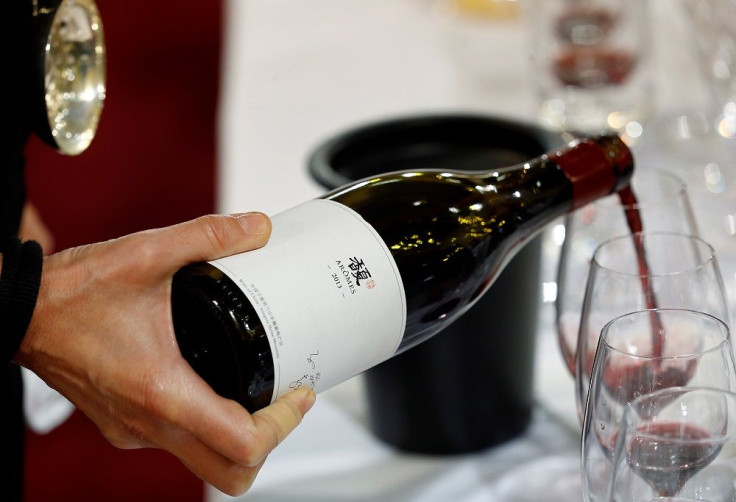Compound in red wine & dark chocolate could halt progress of Alzheimer’s

There’s more to chocolate than just losing weight or improving memory. A compound in chocolate, resveratrol, also found in some red wines, raspberries and red grapes, could likely stop the progress of Alzheimer’s disease.
A study, published in Neurology, was the largest nationwide clinical trial to study the long-term effect of high-dose resveratrol on mild to moderate Alzheimer’s disease patients. The research found that a biomarker declines when the progress of the ailment was stabilised for those who took resveratrol in its purified form, reports researchers from Georgetown University.
But Dr R. Scott Turner, principal investigator of the study, warns that the findings could not be used to recommend resveratrol since it is a single, small study. The research had 119 participants who were given a maximum one gramme of the compound by mouth twice a day for one year.
The amount of resveratrol given to the participants was equivalent to the volume of the compound found in 1,000 bottles of red wine. Those who were given the compound showed little or no change in amyloid-beta40 (Abeta40) levels in their blood and cerebrospinal fluid. But those who took placebo showed a decrease in their Abeta40 levels at the start of the research.
However, while a reduction in Abeta40 was observed as dementia worsens and Alzheimer’s progresses, Turner points out it cannot be concluded on the beneficial effects of resveratrol. But “It does appear that resveratrol, measured in blood and cerebrospinal unit, was able to penetrate the blood brain barrier,” says Turner.
Although the study found that resveratrol supplements were safe and well-tolerated by the participants, the compound has some side effects such as nausea and diarrhea and either weight gain or loss for some participants, reports Sciencealert.
VIDEO: Benefits of Red Wine and Resveratrol to Fight Heart Disease and Cancer
Source: Cleveland Clinic





















